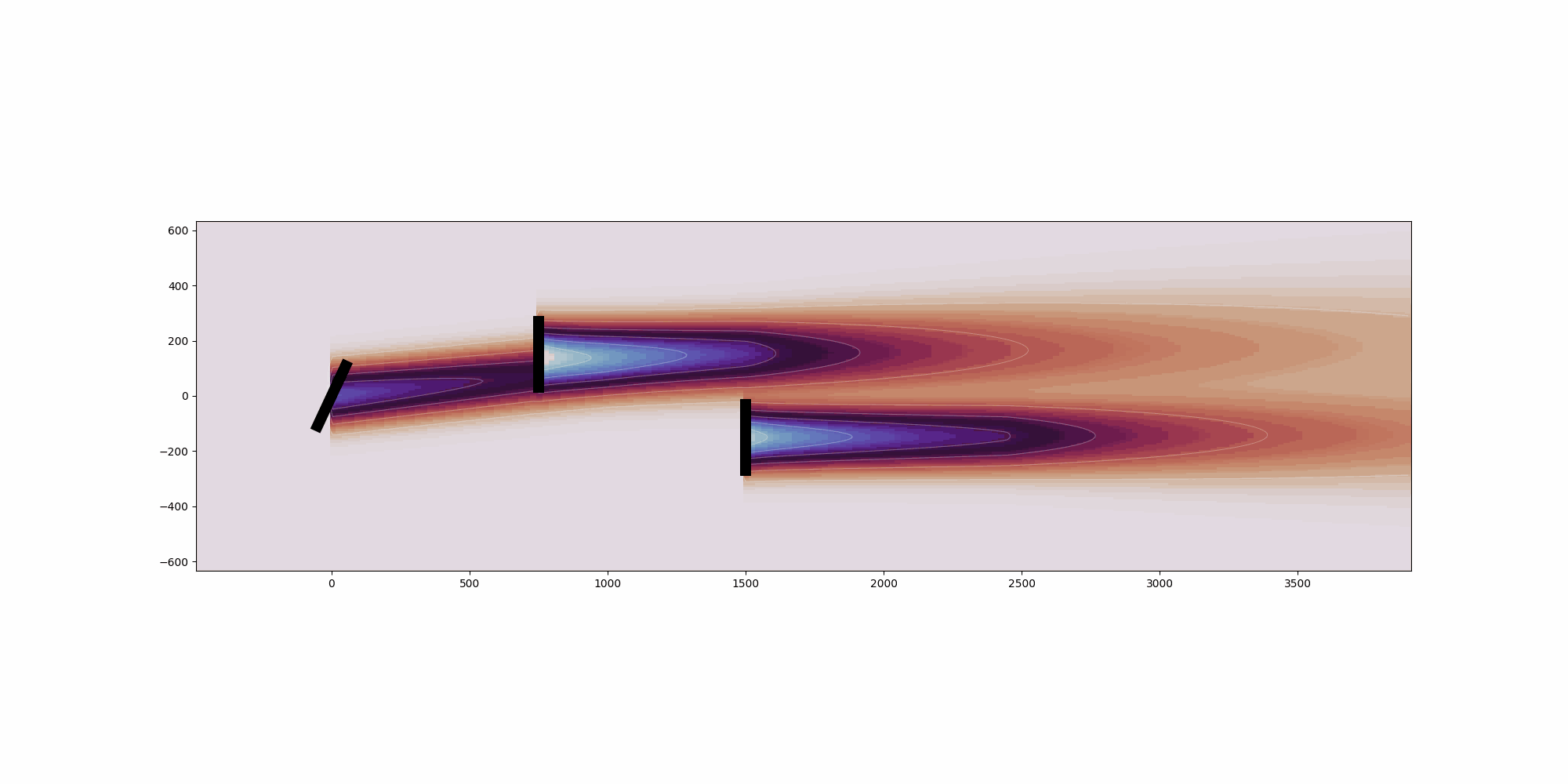Architecture and Design#
At the outset of the design of the FLORIS software, a few fundamental ideas were identified that should continue to guide future design decisions. These characteristics should never be violated, and ongoing work should strive to meet these ideas and expand on them as much as possible.
Modularity in wake model formulation:
New mathematical formulation should be straightforward to incorporate by non-expert software developers.
Solver and grid data structures for one wake model should not conflict with the data structures for other wake models.
Any new feature or work should not affect an existing feature:
Low level code should be reused as much as possible, but high level code should rarely be repurposed.
It is expected that a new feature will include a new user entry point at the highest level.
Avoid flags and if-statements that allow using one high-level routine for multiple unrelated tasks.
When in doubt, create a new pipeline from the user-level API to the low level implementation and refactor to consolidate, if necessary, afterwards.
Management of abstraction:
Low level code is opaque but well tested and exercised; it should be very computationally efficient with low algorithmic complexity.
High level code should be expressive and clear even if it results in verbose or less efficient code.
The FLORIS software consists of two primary high-level packages and a few other low level packages. The internal structure and hierarchy is described below.
floris#
This is the user interface. Most operations at the user level will happen through floris.
This package contains a wide variety of functionality including but not limited to:
Initializing and driving a simulation with
floris_modelWake field visualization through
flow_visualizationYaw and layout optimization in
optimizationWind data handling in
wind_data
floris.core#
This is the core simulation package. This should primarily be used within floris.core and
floris, and user scripts generally won't interact directly with this package.
